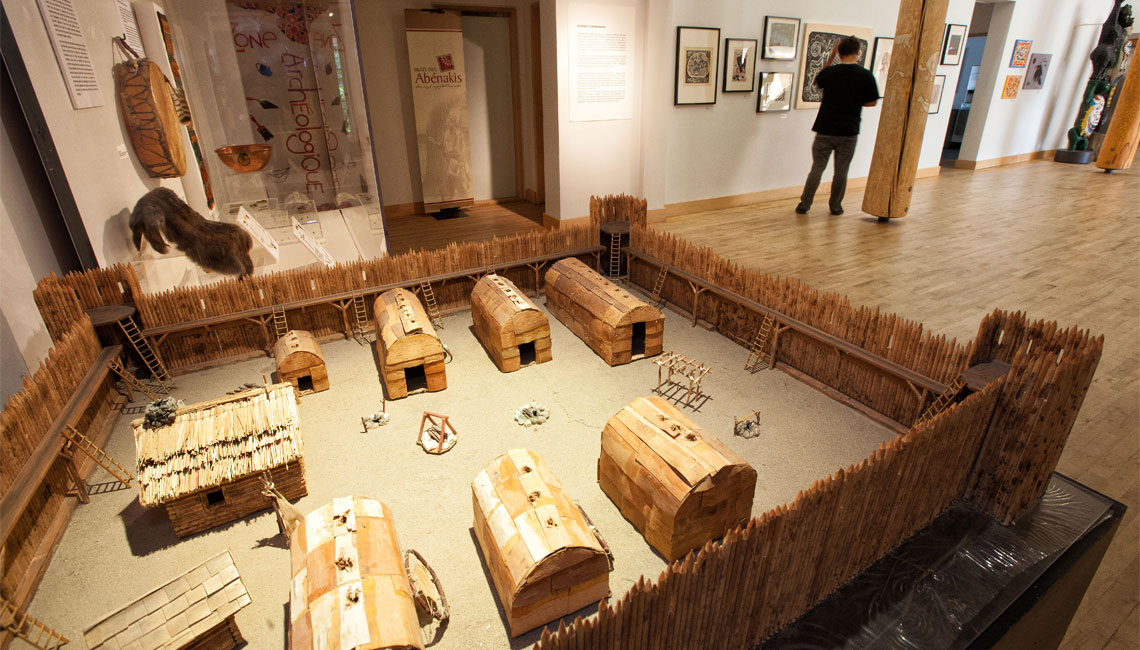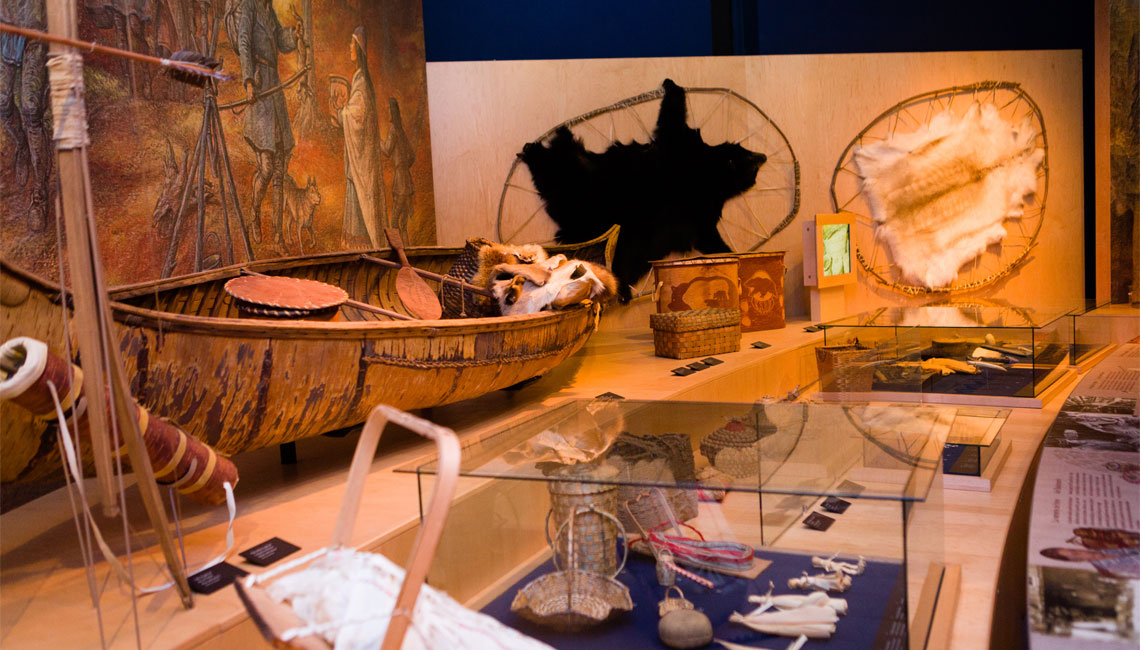The Abenaki people, indigenous to the northeastern United States and eastern Canada, have a rich cultural heritage that is intricately woven with their spiritual beliefs and practices. Their mythology and rituals are deeply rooted in their connection to nature, the land, and their ancestors.

Mythology and Deities
The Abenaki cosmology is centered around the belief in a supreme being, known as Tabaldak or "The Owner." Tabaldak is considered to be the creator of all things, both living and non-living, and is the source of all life. While Tabaldak is not directly involved in the daily affairs of humans, their presence is felt through the natural world and the spirits that inhabit it.
One of the most important deities in Abenaki mythology is Gluskabe (also known as Glooscap or Gluskabi), a cultural hero and trickster figure. Gluskabe is believed to be a powerful being created by Tabaldak, and he is responsible for shaping the world, teaching the Abenaki people important skills, and offering guidance through his stories and actions. Gluskabe's stories often convey moral lessons or practical knowledge, and they play a crucial role in the transmission of cultural values and traditions.
Another prominent deity in Abenaki mythology is Nokemis, the grandmother figure. Nokemis is a wise and nurturing spirit who often helps and guides Gluskabe in his adventures. She represents the ancestral wisdom of the Abenaki people and serves as a symbol of their collective memory and knowledge.
Abenaki mythology also features a wide array of animal spirits, each with their own unique attributes and characteristics. Some examples include Mateguas, the rabbit spirit who is associated with trickery and cunning; Pmola, the bird spirit who governs over the night and darkness; and Azeban, the raccoon spirit who is a symbol of curiosity and mischief.
Rituals
Abenaki rituals play a vital role in maintaining a connection between the physical and spiritual realms. They are often performed to honor and communicate with the deities and spirits, as well as to celebrate important events, such as births, marriages, and deaths.
Ceremonies and Offerings: One key aspect of Abenaki rituals is the practice of making offerings to the spirits and deities. Offerings can take the form of tobacco, food, or other objects that hold significance within the culture. These offerings are made during ceremonies that involve singing, dancing, and storytelling, all of which serve to strengthen the connection between the participants and the spirit world.
The Medicine Society: The Abenaki have a strong tradition of healing and medicine, which is maintained by a group of individuals known as the Medicine Society. This society is responsible for the preservation and transmission of traditional healing knowledge, as well as the performance of healing rituals. Members of the Medicine Society undergo rigorous training and are highly respected within the community.
The Green Corn Ceremony: This agricultural ceremony is held annually to give thanks to the spirits and deities for the abundance of the corn harvest. The Green Corn Ceremony is a time of renewal, reflection, and gratitude, and it is marked by feasting, dancing, and offerings to the spirits.

The Sacred White Stone
In Abenaki belief, the sacred white stone, also known as the "Waban Aki" or "White Earth," holds significant spiritual importance. This sacred stone is believed to be a powerful symbol of purity, protection, and spiritual connection.
The Waban Aki is often associated with important rituals, ceremonies, and spiritual practices within the Abenaki culture. It is believed that the stone can help to strengthen connections to the spiritual realm, protect against negative energies, and bring balance and harmony to the lives of those who honor it.
The use of the sacred white stone in Abenaki rituals and ceremonies serves as a reminder of the interconnectedness between the physical and spiritual worlds. By incorporating this powerful symbol into their spiritual practices, the Abenaki people acknowledge the presence of the divine in their everyday lives and demonstrate their commitment to maintaining a harmonious relationship with the natural and spiritual realms.
Summary
The Abenaki people have a rich cultural heritage, which is deeply intertwined with their mythology and rituals. By exploring their beliefs in deities like Tabaldak, Gluskabe, and Nokemis, as well as the importance of animal spirits, we can gain a deeper understanding of the values and worldview that shape their culture. Their rituals, such as ceremonies and offerings, the Medicine Society, and the Green Corn Ceremony, not only serve to honor and communicate with the spiritual realm but also to strengthen the bonds within the community and preserve their traditions.
As we continue to learn more about the Abenaki culture and their unique mythology, it is essential to recognize and appreciate the wealth of knowledge and wisdom that has been passed down through generations. By doing so, we not only honor the rich heritage of the Abenaki people but also contribute to the preservation and understanding of their culture for future generations.
In conclusion, the Abenaki culture offers a fascinating and intricate tapestry of mythology and rituals that reflects their strong connection to the natural world, their ancestors, and their community. Through a comprehensive examination of their beliefs, we can gain invaluable insights into their way of life, their values, and their enduring resilience as an indigenous people.